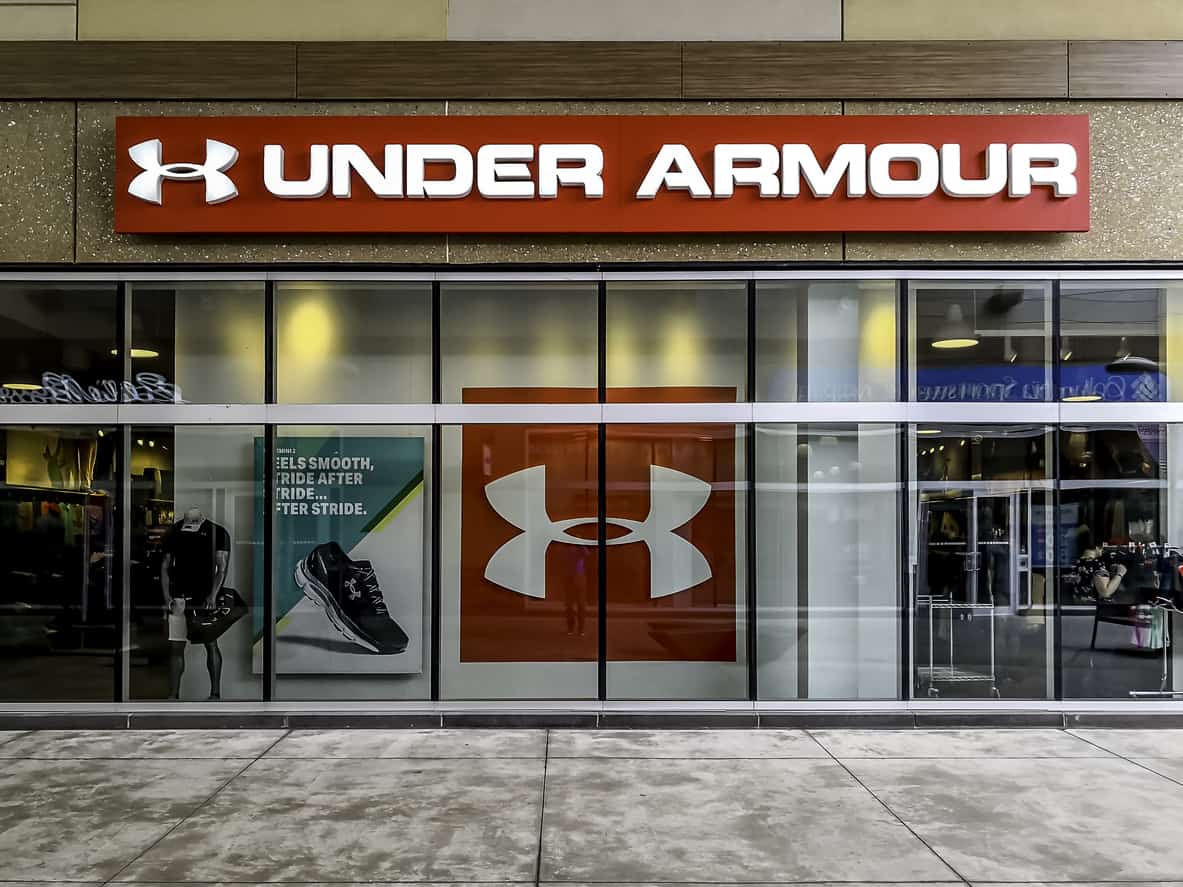
iStock.com/JHVEPhoto
Under Armour’s Founder Returns To Guide Turnaround
Kevin Plank, who founded Under Armour in his grandmother’s basement in 1996, is returning as CEO to get his brand, once hyped as the next Nike, back on a growth trajectory.
Plank built Under Armour into a $5 billion brand but stepped down four years ago after sales began flattening in part due to a number of bankruptcies in the sporting goods channel, including Sports Authority, but also because of heightened competition from the likes of Nike, Adidas, and Lululemon.
Some analysts have felt Under Armour’s focus on performance led the brand to miss out on the athleisure trend and casual dressing opportunities overall. Opening distribution to department stores, including Kohl’s, may have alienated former fans. Plank’s initial CEO exit also came amid allegations that the firm had a male-dominated culture.
His successor, Patrik Frisk, lasted only two years. Frisk earned credit for executing a multi-year restructuring that streamlined operations and distribution. However, Plank at the time of Frisk’s exit indicated that Under Armour needed to “pivot to offense.”
Plank will replace Frisk’s successor, Stephanie Linnartz, who lasted only 11 months. A former Marriot executive, Linnartz launched the UA Rewards loyalty scheme and a three-year turnaround program focused on building out women’s apparel and “sportstyle” products. However, sales have fallen short of targets this year amid elevated apparel inventories across retail.
In a LinkedIn post, Plank, the company’s controlling shareholder, thanked Linnartz for her contributions, particularly numerous recent product and branding hires, while noting that his time away from his CEO role has taught him “many lessons — professionally and personally.”
Plank added, “The experience of not being a CEO has taught me more about what it truly means to be a CEO. I am deeply humbled to have been entrusted by our Board to lead Under Armour at this pivotal time for the company.”
Shares of Under Armour plunged about 12% last Thursday after the leadership transition was announced, likely due to concerns about the rapid CEO changes and risks of additional management turnover.
On a positive note, Wedbush analyst Tom Nikic wrote that his conversations with the company indicate Plank is “coming back for the long haul,” likely resulting in more consistency in brand approaches. He also said that unlike his prior time as CEO, Plank has “somebody to answer to,” with lead director Mohamed El-Erian, chief economic advisor at Allianz, replacing Plank in the role of chairman.
Plank’s return reignites the debate over the value of “boomerang CEOs,” or CEOs returning to their former roles. Plank’s familiarity with the company could provide him with an advantage in addressing challenges, although he may revisit past antiquated approaches.
Apple’s Steve Jobs is often cited as the big win among returning CEOs, while Myron Ullman’s JCPenney return has been cited among disappointing encores. Other major companies that have seen CEOs return in the retail or consumer space over the years include Starbucks, Dell, Best Buy, Disney, Panera Bread, Google, and Urban Outfitters.
Discussion Questions
How confident are you that founder Kevin Plank is the right CEO now to steer Under Armour’s sales recovery?
How would you assess the advantages and disadvantages of a returning CEO?
